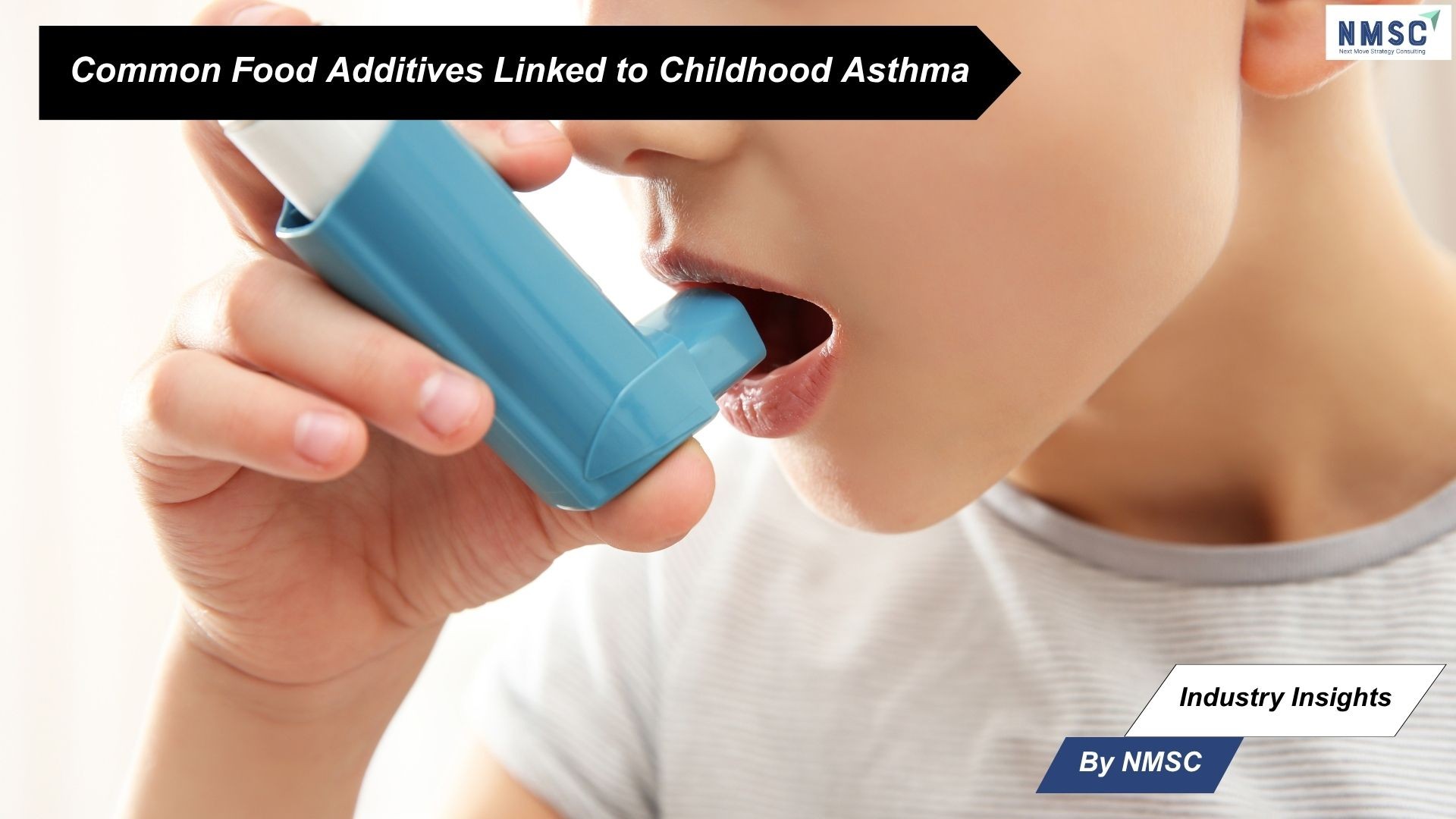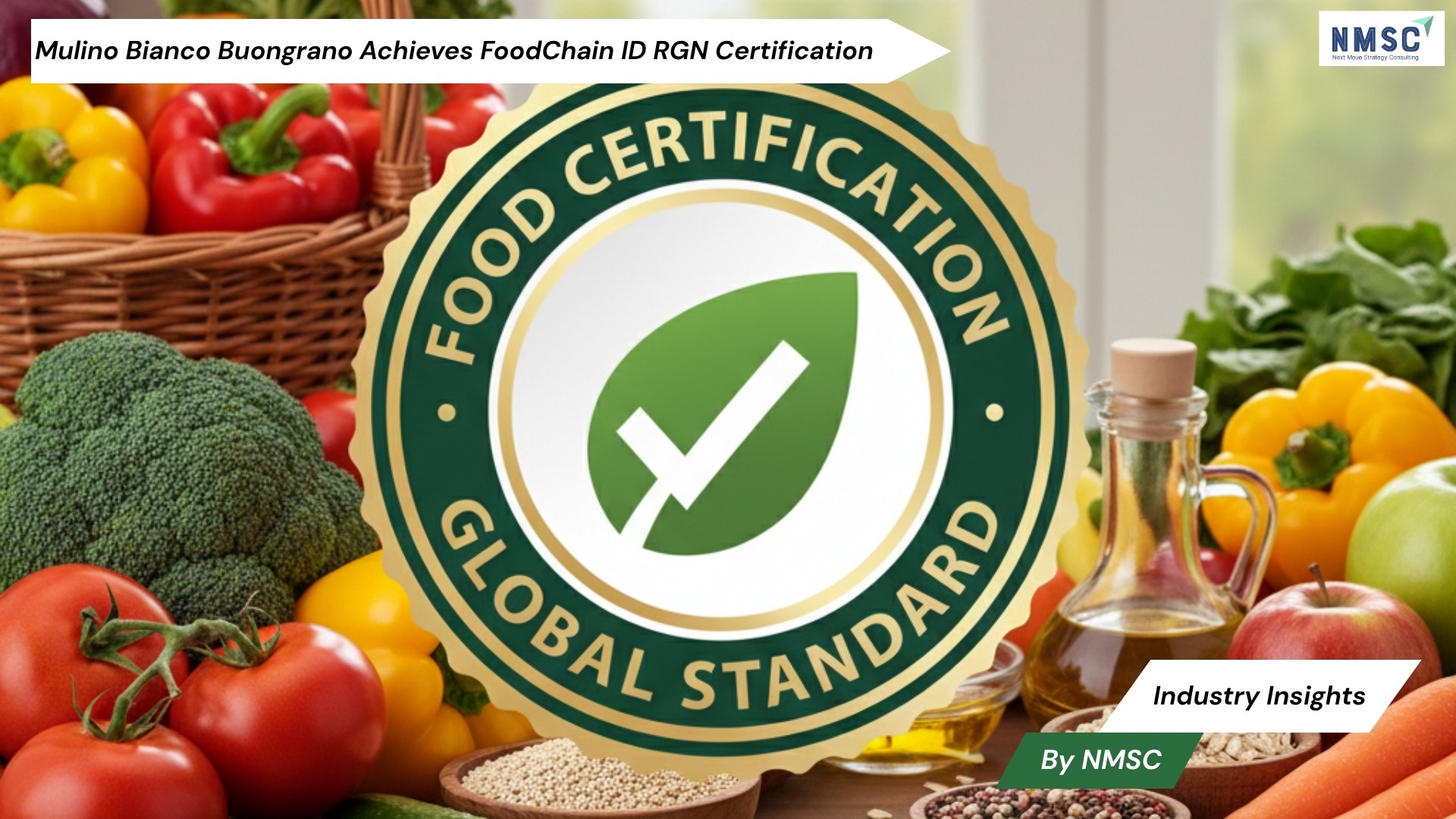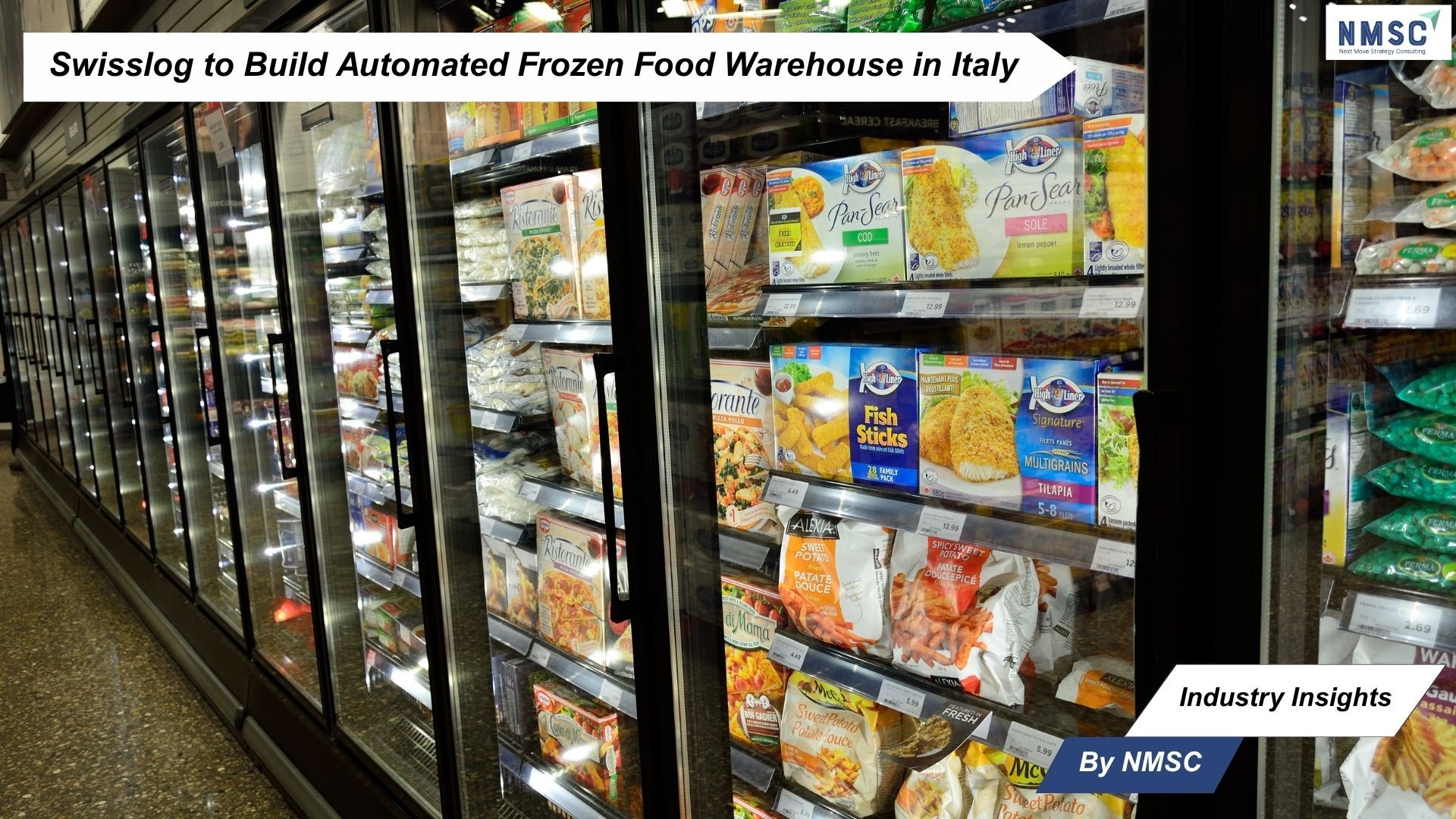Common Food Additives Linked to Childhood Asthma
Published: 2025-10-07

Industry Insights from Next Move Strategy Consulting
Using advanced metabolomics and mouse models, researchers have discovered how common food additives in snacks and beverages can impact immune pathways, providing new insights into the rising rates of asthma in children.
A recent study in Frontiers in Immunology employed metabolomics to explore the mechanisms linking food additive consumption to childhood asthma.
Impact of Food Additives on Children’s Health
Food additives such as sweeteners, colorants, and preservatives are commonly used to enhance flavor or extend the shelf life of manufactured foods. Research shows that children tend to consume more ultra-processed foods (UPFs) than adults and are more vulnerable to the negative effects of these additives. Potential health risks include asthma, allergies, and an increased likelihood of attention deficit hyperactivity disorder (ADHD).
Link Between Food Additives and Childhood Allergies and Asthma
Consumption of additives such as sodium benzoate, sunset yellow, erythrosine, and tartrazine has been directly linked to allergies affecting the skin, mucous membranes, and intestines in children. Asthma attacks have also been reported following exposure to methylparaben and propylparaben. Additionally, research indicates that women who consume higher amounts of artificially sweetened noncarbonated beverages are more likely to have children diagnosed with asthma.
Unclear Links Between Food Additives and Childhood Asthma in China
Despite these findings, the relationship between food additive exposure and childhood asthma in China remains poorly understood. The specific mechanisms through which these additives may contribute to the development of asthma in children have yet to be clearly identified.
Impact of Food Additives Market: Next Move Strategy Consulting’s View
Positive and Negative Impacts on the Food Additives Market
The global food additives market has been shaped by both rising demand for processed foods and growing health concerns. While additives enhance flavor, appearance, and shelf life, increasing awareness of potential health risks—such as asthma, allergies, and ADHD in children—has prompted stricter regulations and a shift toward natural alternatives. These dynamics create both opportunities and challenges for the market.
Key Positive Impacts:
-
Rising Demand for Processed Foods: Additives are essential for preserving and enhancing the taste and appearance of ultra-processed foods.
-
Innovation Opportunities: Growing interest in natural and safe additives drives research and development of alternative ingredients.
-
Extended Shelf Life: Additives help reduce food spoilage, minimizing losses for manufacturers and retailers.
Key Negative Impacts:
-
Health Concerns: Associations with asthma, allergies, and behavioral disorders in children may reduce consumer confidence.
-
Regulatory Challenges: Stricter regulations on artificial additives increase compliance costs for manufacturers.
-
Shift to Natural Alternatives: Rising preference for additive-free or clean-label products may reduce demand for synthetic additives.
Prepared by: Next Move Strategy Consulting
Source: https://www.news-medical.net/
About the Author
 Karabi Sonowal is an experienced SEO Executive and Content Writer in digital marketing. She excels in SEO, content creation, and data-driven strategies that boost online visibility and engagement. Known for simplifying complex concepts, Karabi creates impactful content aligned with industry trends.
Karabi Sonowal is an experienced SEO Executive and Content Writer in digital marketing. She excels in SEO, content creation, and data-driven strategies that boost online visibility and engagement. Known for simplifying complex concepts, Karabi creates impactful content aligned with industry trends.
About the Reviewer
 Debashree Dey is a skilled Content Writer, PR Specialist, and Assistant Manager with expertise in digital marketing. She creates impactful, data-driven campaigns and audience-focused content to boost brand visibility. Passionate about creativity, she also draws inspiration from design and innovative projects.
Debashree Dey is a skilled Content Writer, PR Specialist, and Assistant Manager with expertise in digital marketing. She creates impactful, data-driven campaigns and audience-focused content to boost brand visibility. Passionate about creativity, she also draws inspiration from design and innovative projects.
















Add Comment